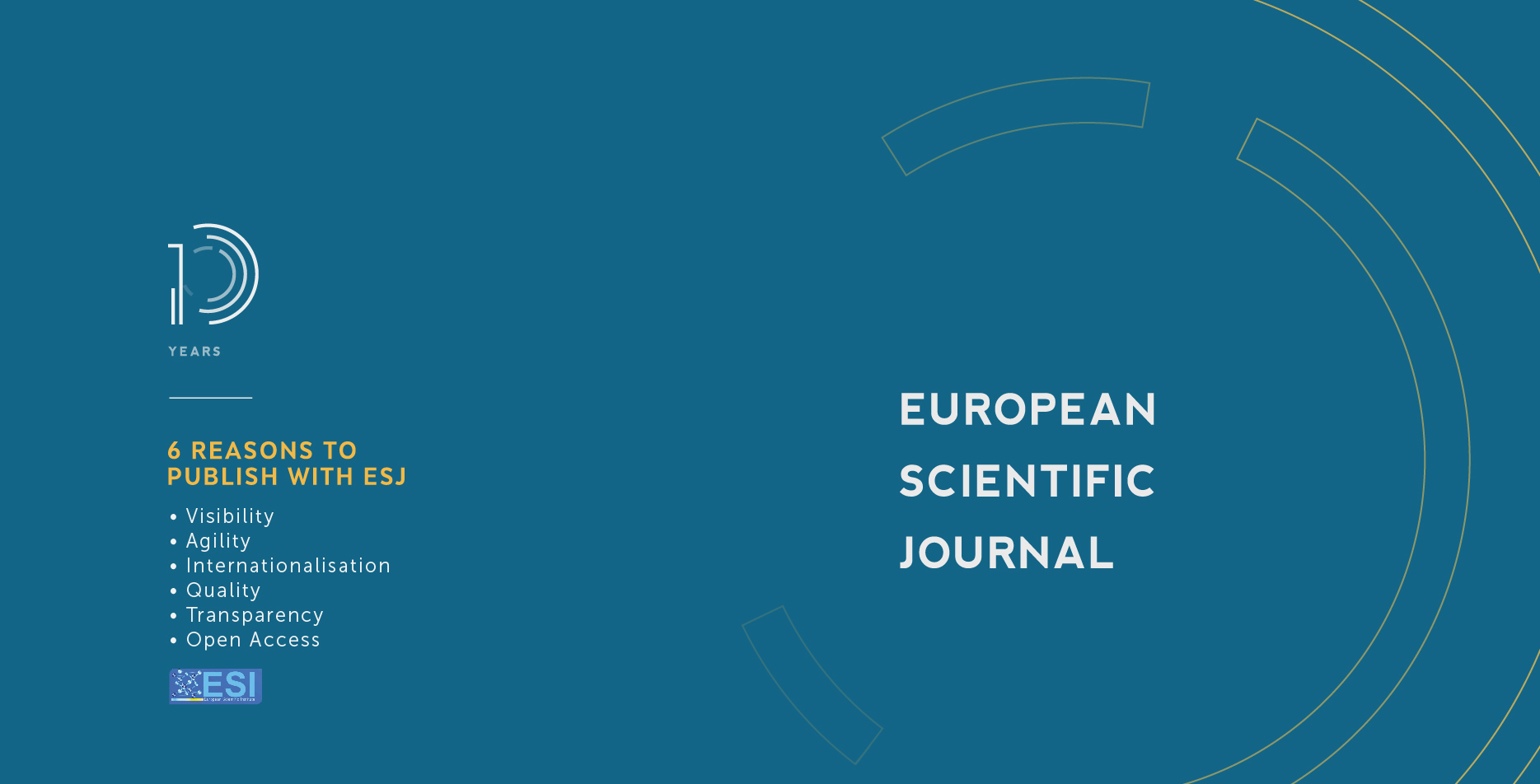Banks and FinTech Relationship in a Digital Transformation Context
Abstract
The main function of digitalization is to make relationships more flexible and less framing, while allowing simpler and faster communication and more important data exchange. The digitalization of the banking sector is reforming it in its most profound axes. Its functioning, its organization, its interactions, its products, all have been modified, including back-office functions. The digital infrastructure has accelerated the emergence of new technologies: social media, cloud computing, analytics and big data, wearable devices, etc. This new technological wave has led to the emergence of new entrants in the financial sector. Financial technology, also known as FinTech, is an industry composed of diversified firms that combine financial services with innovation technologies offered to financial service providers (MoroVisconti, R. et al, 2020). Banks will have to engage in further cost-cutting since they remain shockingly costly, which partly explains the market penetration by FinTechs (Philippon, 2016). They offer unbundled low-cost services which makes them very competitive with banks. Therefore, the relationship between the two may be quite competitive because of the similar operations. In this article we will be discussing the nature of banks and FinTechs’ relationship, starting with a literature review and then a survey discussing these two financial structures.
Downloads
PlumX Statistics
References
2. Anagnostopoulos, I. (2018). Fintech and Regtech: Impact on regulators and banks. Journal of Economics and Business, 100, 7-25.
3. Beziade C. & Assayag S., (2014). L’impact du numérique sur les métiers de la banque. Les études de l’observatoire.
4. Cardona, M., Kretschmer, T., & Strobel, T. (2013). ICT and productivity: conclusions from the empirical literature. Information Economics and policy, 25(3), 109-125.
5. Derridj, R., & Amiar, L. (2020). La digitalisation au sein du secteur bancaire : entre causes et conséquences cas d’ABC Bank.
6. Diener, F., & Špaček, M. (2021). Digital Transformation in Banking: A Managerial Perspective on Barriers to Change. Sustainability, 13(4), 2032.
7. Dorfleitner, G., Hornuf, L., Schmitt, M., & Weber, M. (2017). The fintech market in Germany. In FinTech in Germany (pp. 13-46). Springer, Cham.
8. Fichman, R. G., Dos Santos, B. L., & Zheng, Z. (2014). Digital innovation as a fundamental and powerful concept in the information systems curriculum. MIS quarterly, 38(2), 329-A15.
9. Genzorova, T., Corejova, T., & Stalmasekova, N. (2019). How digital transformation can influence business model, Case study for transport industry. Transportation Research Procedia, 40, 1053-1058.
10. Gomber, P., Kauffman, R. J., Parker, C., & Weber, B. W. (2018). On the fintech revolution: Interpreting the forces of innovation, disruption, and transformation in financial services. Journal of management information systems, 35(1), 220-265.
11. Khanboubi, F., & Boulmakoul, A. (2019). Digital Transformation Metamodel in Banking. INTIS, 2019, 8th.
12. Khanchel, H. (2019). The Impact of Digital Transformation on Banking. International journal of trends in business administration, (2).
13. KPMG International Cooperative (2017). Setting course in a disrupted marketplace. 134198-G.
14. Krasonikolakis, I., Tsarbopoulos, M., & Eng, T. Y. (2020). Are incumbent banks bygones in the face of digital transformation?. Journal of General Management, 46(1), 60-69.
15. Kretschmer, T., & Khashabi, P. (2020). Digital transformation and organization design: An integrated approach. California Management Review, 62(4), 86-104.
16. McKinsey & Company (2018). Synergy and disruption: Ten trends shaping fintech. Global Banking.
17. McKinsey & Company. 2015a. “Strategic Choices for Banks in the Digital Age.”
18. Miklos D., Somesh K., Tunde O., Kausik R. (2016). Cutting through the noise around financial technology Financial Services. McKinsey & Company.
19. Omarini, A. (2017). The digital transformation in banking and the role of FinTechs in the new financial intermediation scenario.
20. Shin, Y. J., & Choi, Y. (2019). Feasibility of the FinTech industry as an innovation platform for sustainable economic growth in Korea. Sustainability, 11(19), 5351.
21. Terrar, D. (2015). What is digital transformation ?
22. Valdez-de-Leon, O. (2016). A digital maturity model for telecommunications service providers. Technology innovation management review, 6(8).
23. Verina, N., & Titko, J. (2019, May). Digital transformation: conceptual framework. In Proc. of the Int. Scientific Conference “Contemporary Issues in Business, Management and Economics Engineering’2019”, Vilnius, Lithuania (pp. 9-10).
24. Yoo, Y. (2010). Computing in everyday life: A call for research on experiential computing. MIS quarterly, 213-231.
Copyright (c) 2022 Tayazime Jihane, Moutahaddib Aziz

This work is licensed under a Creative Commons Attribution-NonCommercial-NoDerivatives 4.0 International License.








